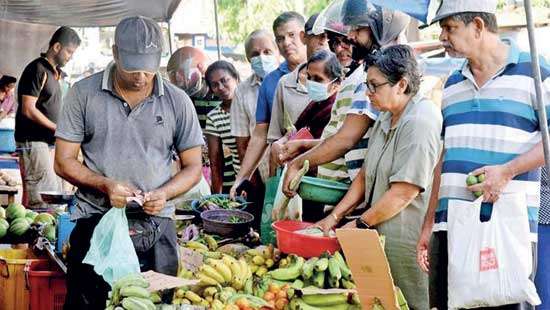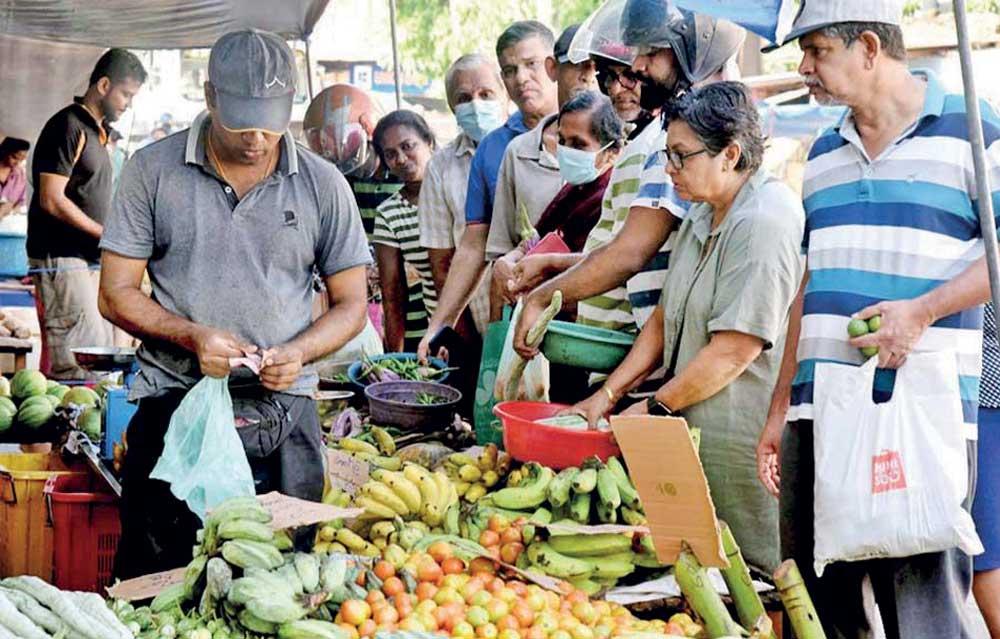Reply To:
Name - Reply Comment


Inflation in the Colombo district accelerated in June as widely expected, mainly due to the higher food prices, but the prices still remain largely below Central Bank’s medium term target of 5 percent.
The inflation measured by the Colombo Consumer Price Index reported at 1.7 percent for June from a year ago, accelerating from 0.9 percent through May.
The food prices, especially the vegetable prices started rising substantially from around the end of May due to the rains, causing the June bump in prices of food prices.
The food prices rose by 1.4 percent in the year through June from 0 percent through May as a result.
The rupee, which appreciated by up to 9 percent in the first four months of the year, also started shedding some gains in the last two months, but not by a lot, perhaps causing some of the imported food prices to rise in tandem.
Lower energy prices are certainly helping to ease an otherwise elevated cost through the food supply chains.
The July energy price revision is due in a couple of days and is unlikely to move in either direction that much.
Meanwhile, the non-food prices gained pace to record a 1.8 percent increase in June from a year ago compared to 1.3 percent increase through May.
Housing, water, electricity and gas sub-index contributed positively to ease the non-food prices in June similar to May, other categories such as furnishing, household and related expenses, healthcare expenses and recreational spending gained faster in June than in May.
However, what people spent in restaurants and hotels eased somewhat compared to May.
Meanwhile, so-called core prices which are measured barring the often volatile food, energy and transport came in at 4.4 percent in June, higher from 3.5 percent in May.
As the inflation could get near their medium term target in the coming months, the Central Bank could be circumspect when cutting rates further.
The banks are found they neither fully transfer the benefit of lower policy rates nor lend adequately to the small businesses as they do to their bigger clients and that is slowing the economic recovery process.
Unless the Central Bank gets tough on the banks, it is highly unlikely they would be able to pull off the desired goals of the eased monetary policy they have been pursuing for over a year now.